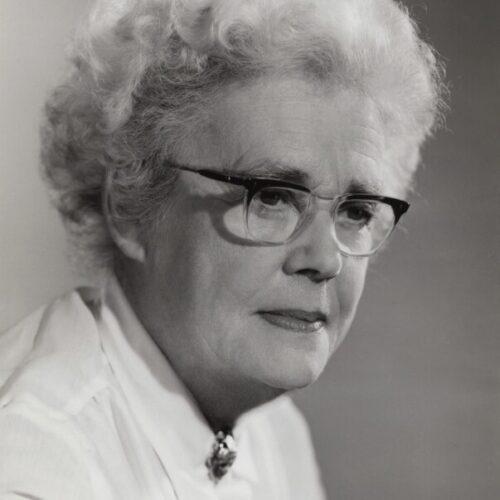

It is in fact a strength, not a weakness, of a secular morality that it must stand upon its own merits, designed to fit the only world we know.
‘Agnostic and Socialist’ In a World I Never Made: autobiographical reflections (1967)
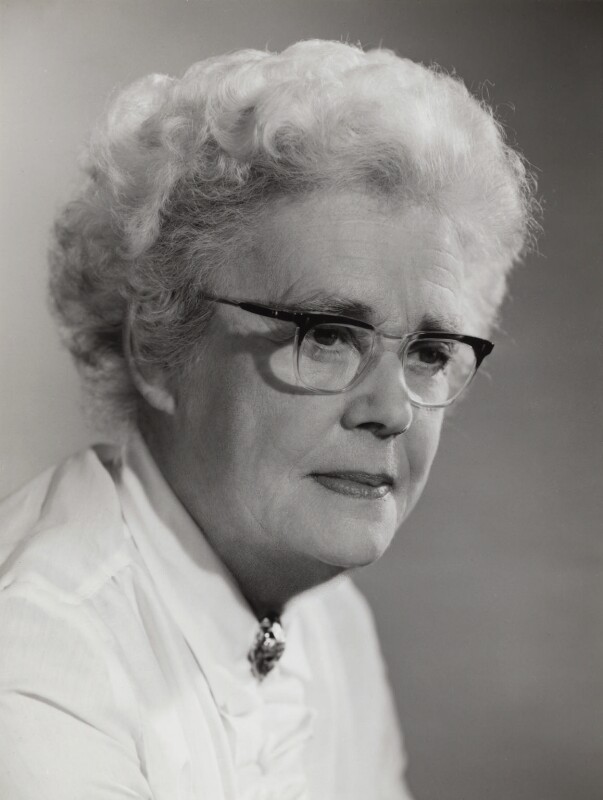
Barbara Wootton was an influential public intellectual, a groundbreaking political figure, and an eloquent humanist. Appointed a vice president of the Ethical Union (now Humanists UK) in 1954, Wootton epitomised the tradition of applying a reasoned, compassionate philosophy to the world at large. Her socialism and humanism underpinned a commitment to inclusive education, criminal justice, and civil service, and in all she was remembered as a force to be reckoned with.
Barbara Adam was born on 14 April 1897 in Cambridge, the daughter of James and Adela Adam, both classicists. Her father, who had been a leading member of the Cambridge Ethical Society, died when she was just ten. At thirteen, having been educated at home, Barbara went to Perse High School for Girls. From there, she went up to Girton College, Cambridge, initially following her parents into classics, before embracing – and excelling in – economics. She gained a first class in 1919 but, as a woman, could not officially obtain the degree.
By the time she completed her studies, she had been married and widowed, in brutally quick succession. On 5 September 1917, Barbara Adam had married Jack Wootton, a research student at Trinity College and a friend of her elder brother. He died in France a little over a month later, on 11 October.
On leaving Cambridge, Wootton undertook a research studentship at the London School of Economics, but returned to Girton in 1920 as a fellow, and director of social studies. Here, she became the first woman to lecture at Cambridge in economics, although her sex meant she was initially billed in parenthesis to the advertised lecturer. From 1922, she worked for the Labour Party and Trades Union Congress; from 1926 was principal of Morley College (founded in 1899 as Morley Memorial College for Working Men and Women); and from 1944 a reader at Bedford College, where she later became a research fellow. Wootton’s academic interests always centred on the practical, and she became a leading expert in areas of criminology and social work, where philosophical, economical, and sociological principles could be applied.
This enduring sense of the need to apply theory and enact change typified Wootton’s intellectualism, and her humanism. As such, she was actively involved in public life, serving on four royal commissions, acting as governor of the BBC 1950–56, and chairing the Countryside Commission 1968–70. She was made a life peer in 1958, and became the first woman deputy speaker in the House of Lords in 1967. Wootton was conscious of the potential incongruity in her socialism and seat in the Lords, admitting the latter to be ‘a totally indefensible institution in a democratic society’. Nonetheless, she hoped that given its influence, ‘a more balanced membership and a more enlightened attitude’ could be positive, even if it risked strengthening ‘an institution otherwise very properly destined to fade softly and suddenly away’.
Wootton became a vice president of the Ethical Union (now Humanists UK) in 1954, remaining one for nearly fifteen years. She was a prominent, and persuasive, advocate for humanism, supporting numerous associated causes, and encouraging others to be similarly open in their atheism. In ‘Agnostic and Socialist’ she argued that:
the reasons why agnostics should come out into the open are, I think, more than personal: indeed I would say that those who (like myself) have nothing to lose by frankness are under a definite obligation to let their opinions be freely known. For the social and professional barriers which restrict the opportunities open to many non-Christians are still real, and only by outspoken onslaughts can they be broken down.
As evidence of these barriers, she cited adoption, teaching, and broadcasting, all three of which had been actively taken up by the Ethical Union (then the British Humanist Association). ‘In these spheres at least,’ she wrote, ‘the fiction that we are a nation of believing Christians is officially maintained’. Wootton took aim too at the ‘cloud of words’ and ‘fog of verbiage’ in which religious leaders wrapped their responses to concrete questions about doctrine and faith. Like other humanists before and since, notably G.E. Moore, Wootton’s belief was in the use of straightforward language, common sense, and – above all – honest expressions of scepticism.
Barbara Wootton died on 11 July 1988 at her home in Surrey.
In case of fire or shipwreck no one stops to inquire into the intelligence quotient, the character, or (one hopes) the social status or racial origins of those whose lives are at stake, in order to give priority to those of higher standing. At such times all are treated as equal, preference being given only to those least able to help themselves. But we have yet to learn that what is good in emergency is no less good in everyday life.
‘Agnostic and Socialist’
Wootton was a powerful defender of secular morality; a staunch advocate of the idea that though individuals might regularly encounter ‘ethical perplexities’, these challenges were universally experienced, and no less approachable by a humanist than a Christian. She argued eloquently for the meaning and significance of the one life we have, and for the ‘warmth and colour’ of life’s joys, the intensity of which ‘is not dimmed if they appear to come and go in the brief flash that illumines the interval between birth and death.’ Throughout her life Wootton championed the values of reason, compassion, and action, which animated her own life and work, and remain at the heart of Humanists UK today.
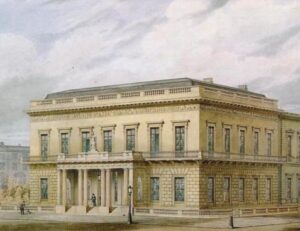
The Athenæum is a London club founded in 1824, around the pursuit of science and literature. Its reputation as ‘the […]
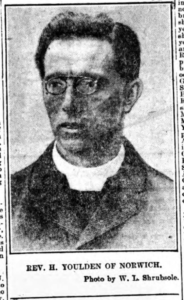
The Liverpool Ethical Society was founded in 1904, and in 1912 Liverpool became home to one of only a handful […]
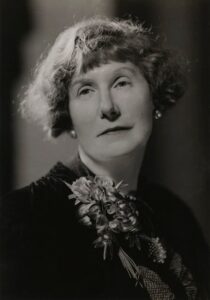
To accept life fully seems to me the hallmark of the fine spirit. I think that it is possible for […]
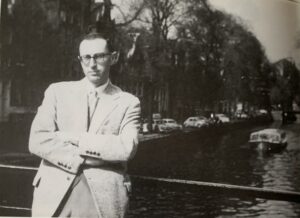
‘Being Rational About Being Gay’ was a talk given by activist Antony Grey (Anthony Edgar Gartside Wright) for the Gay […]